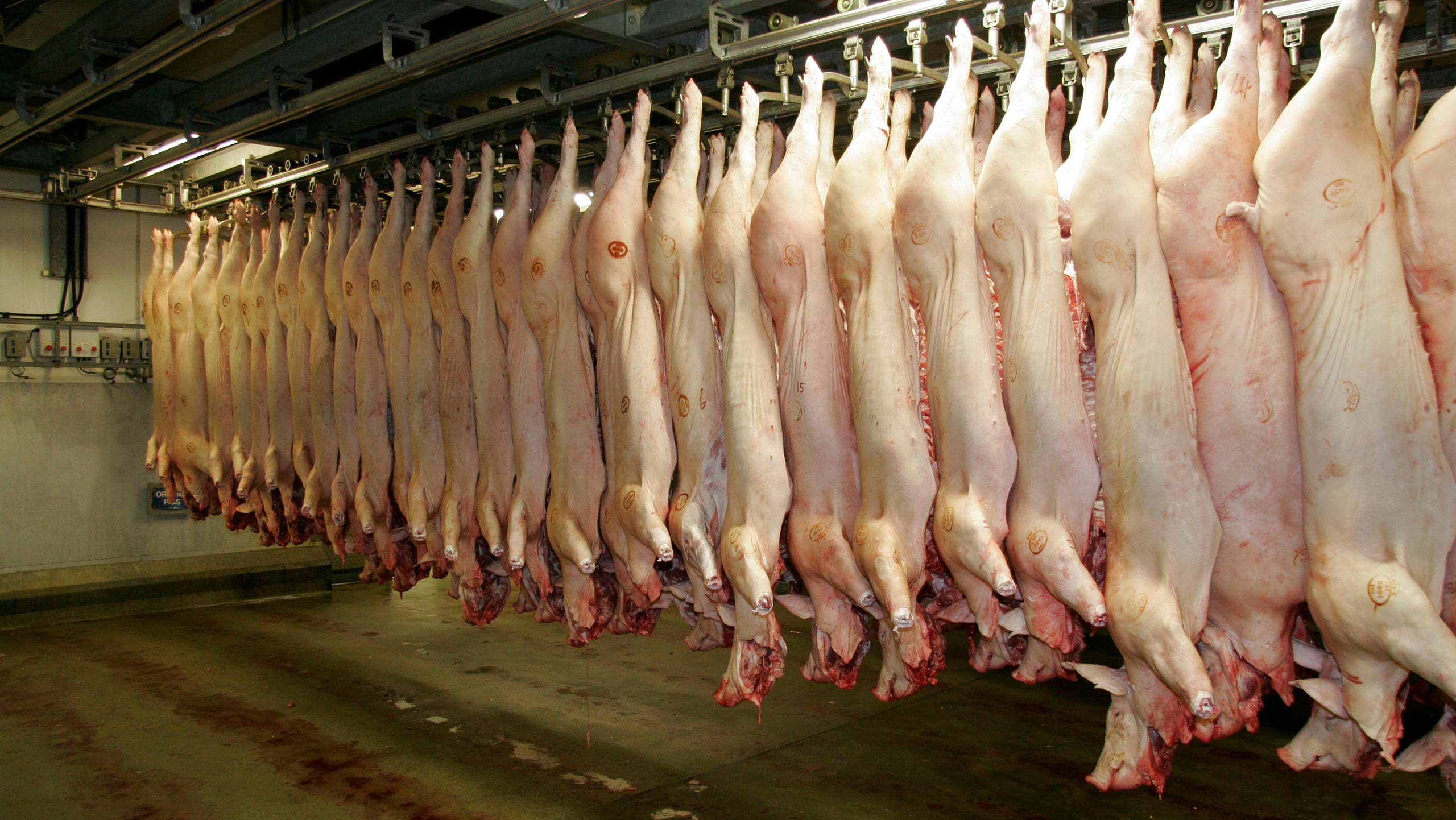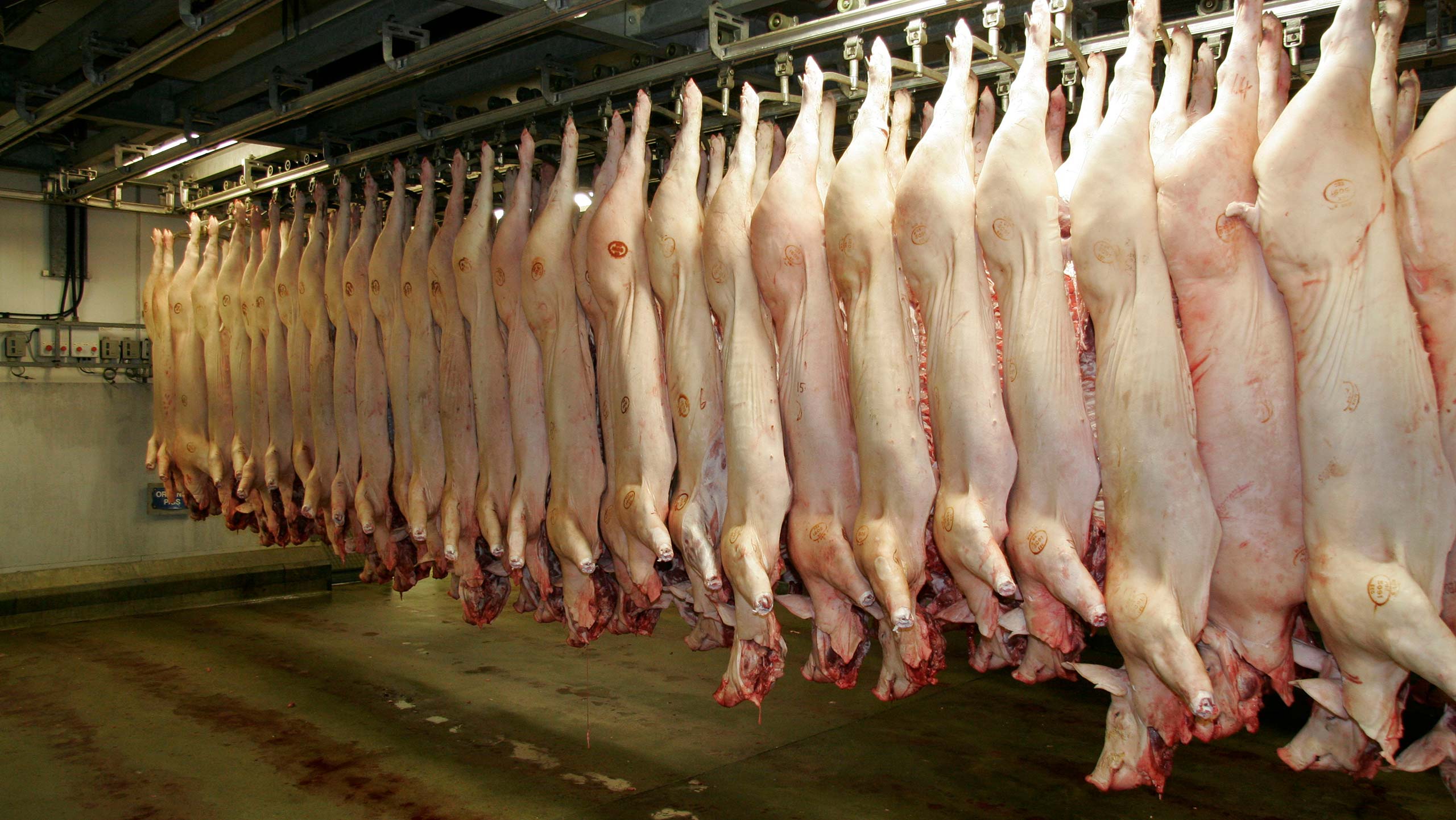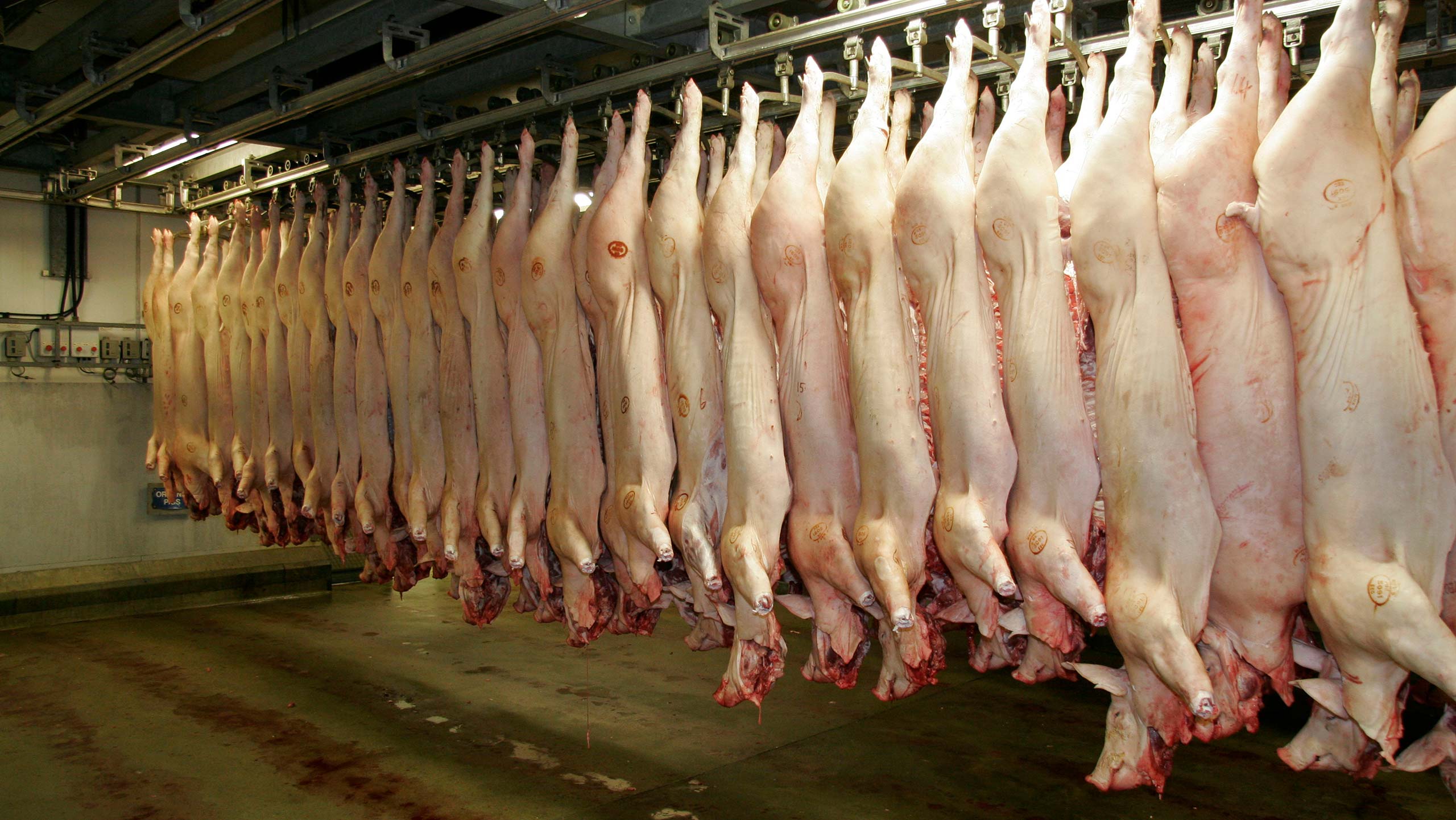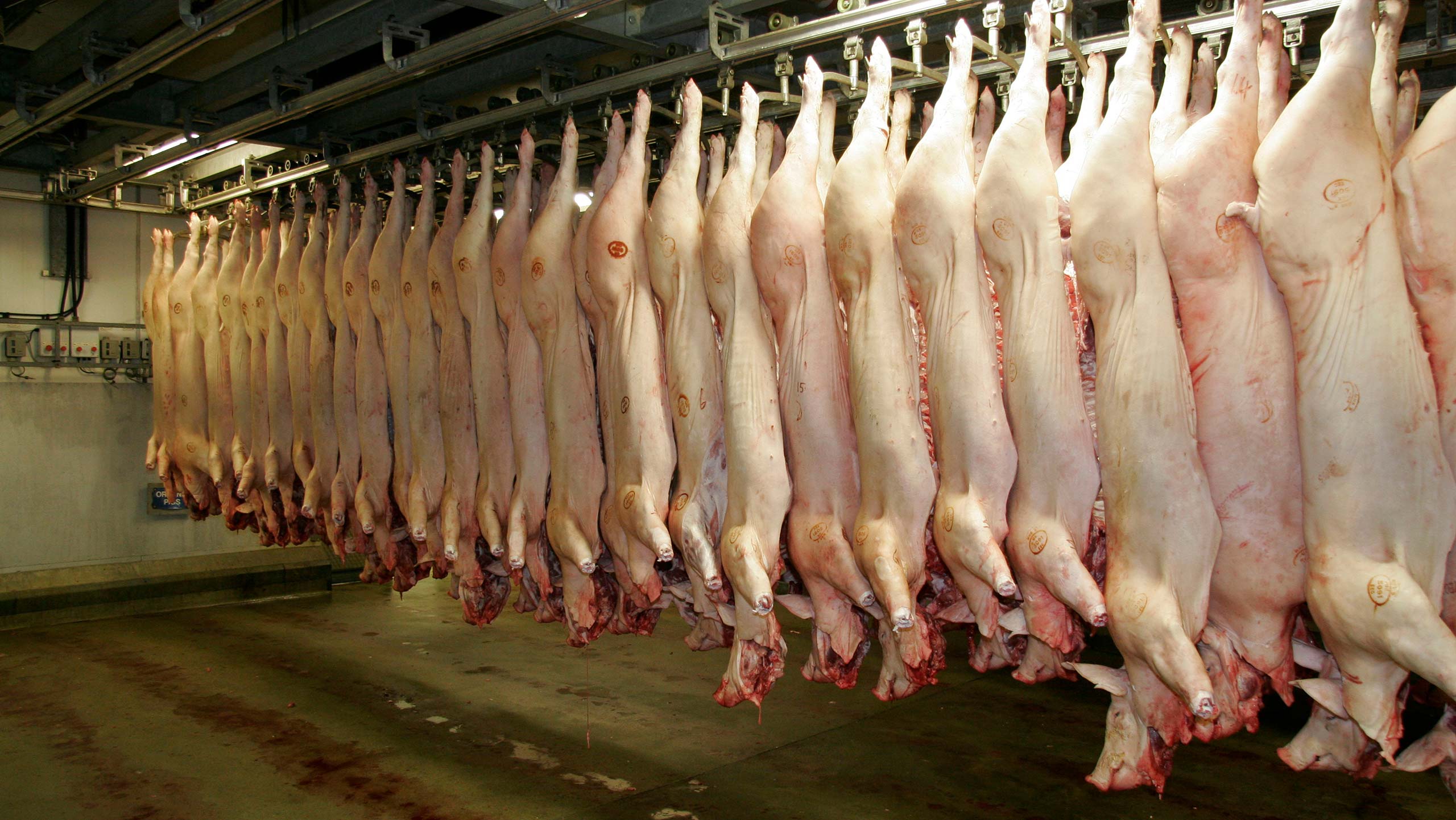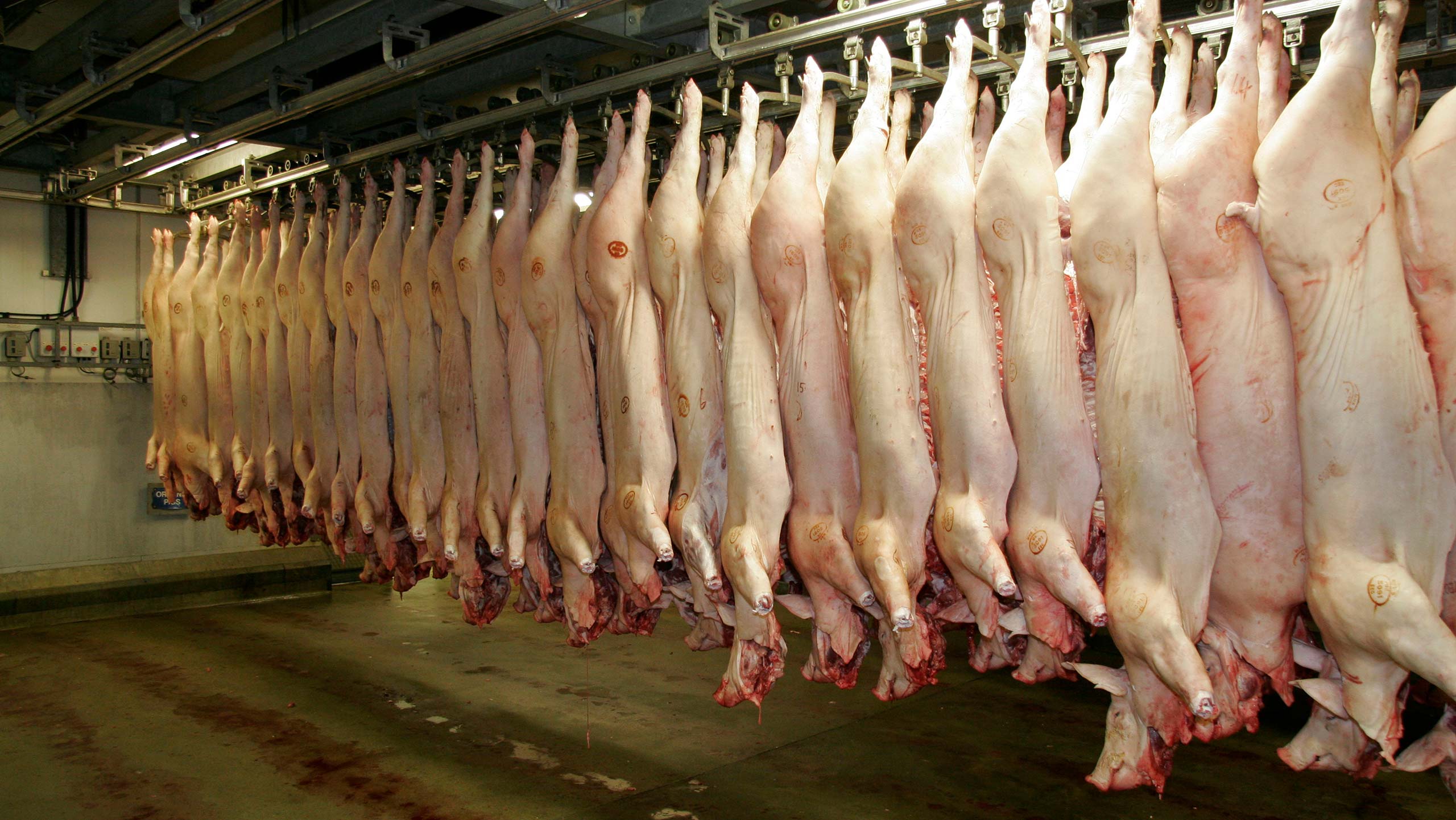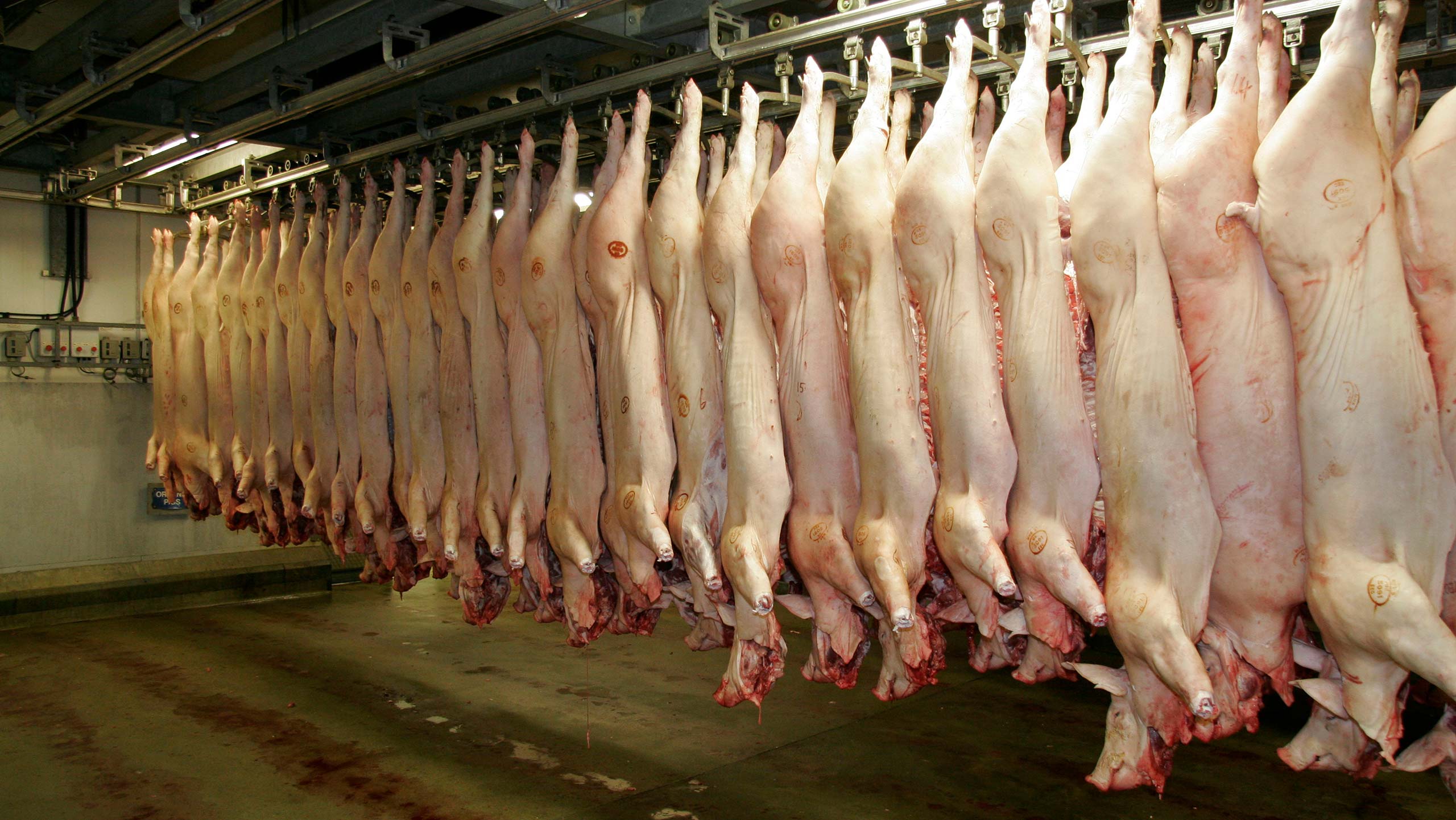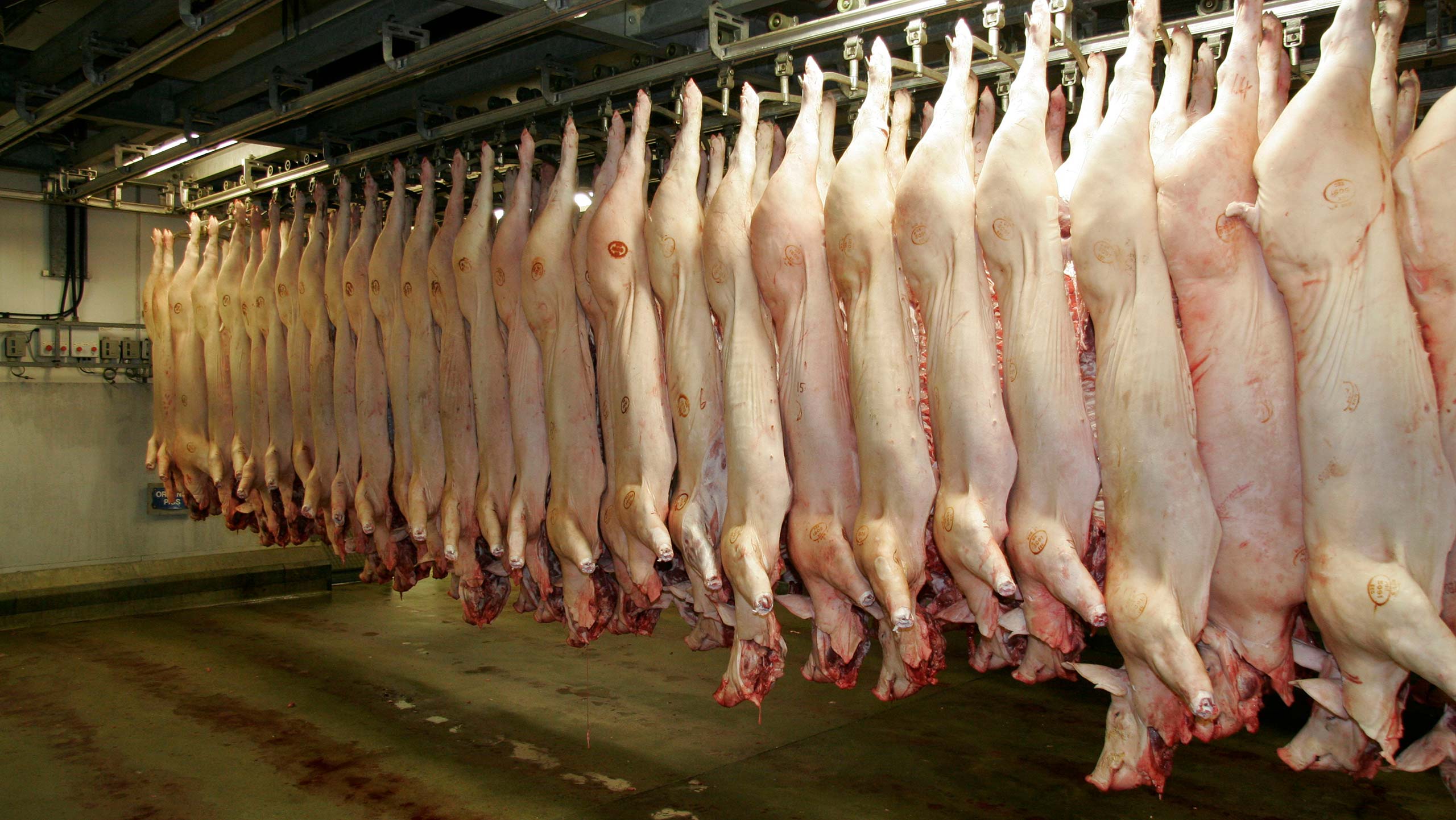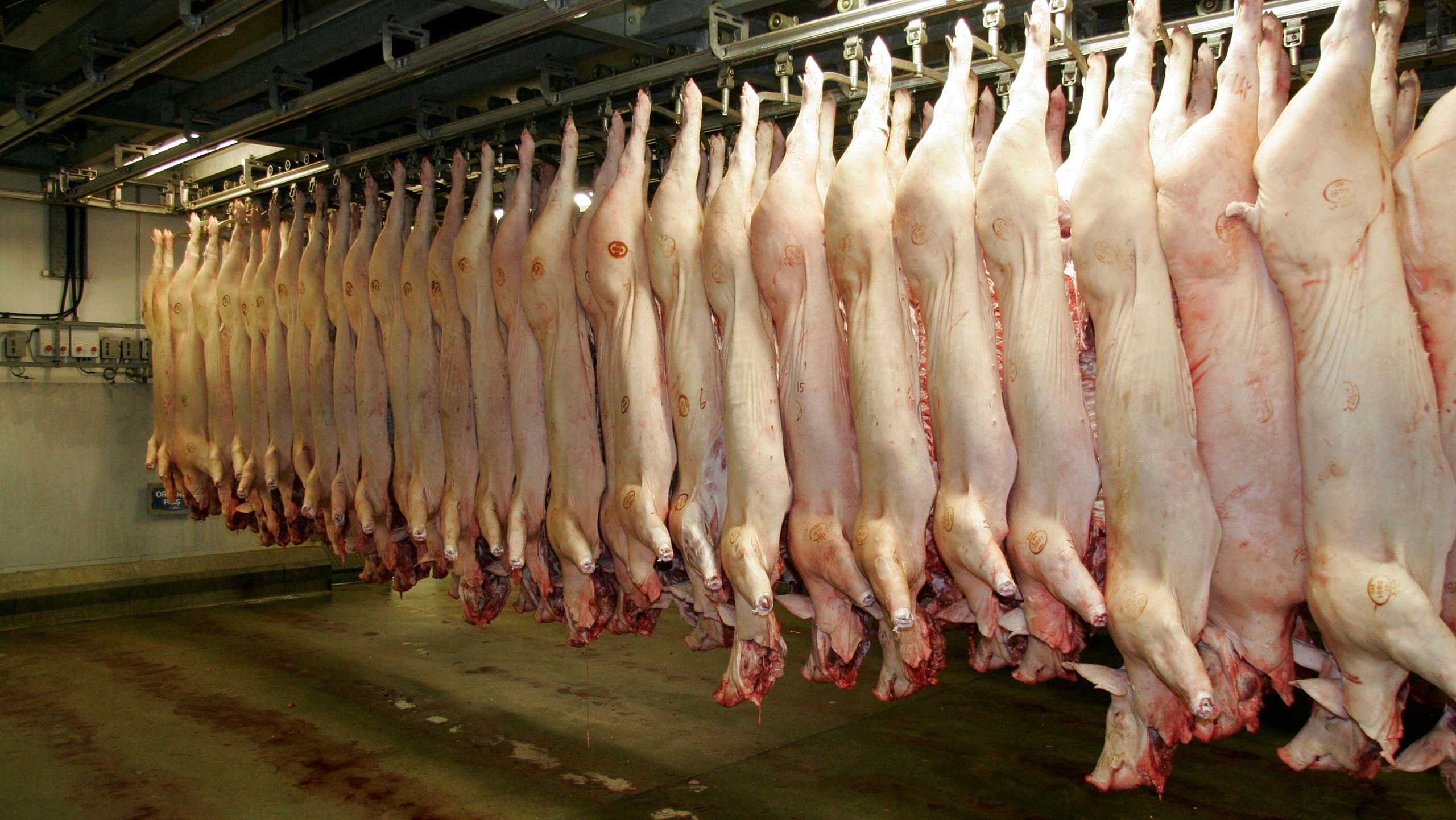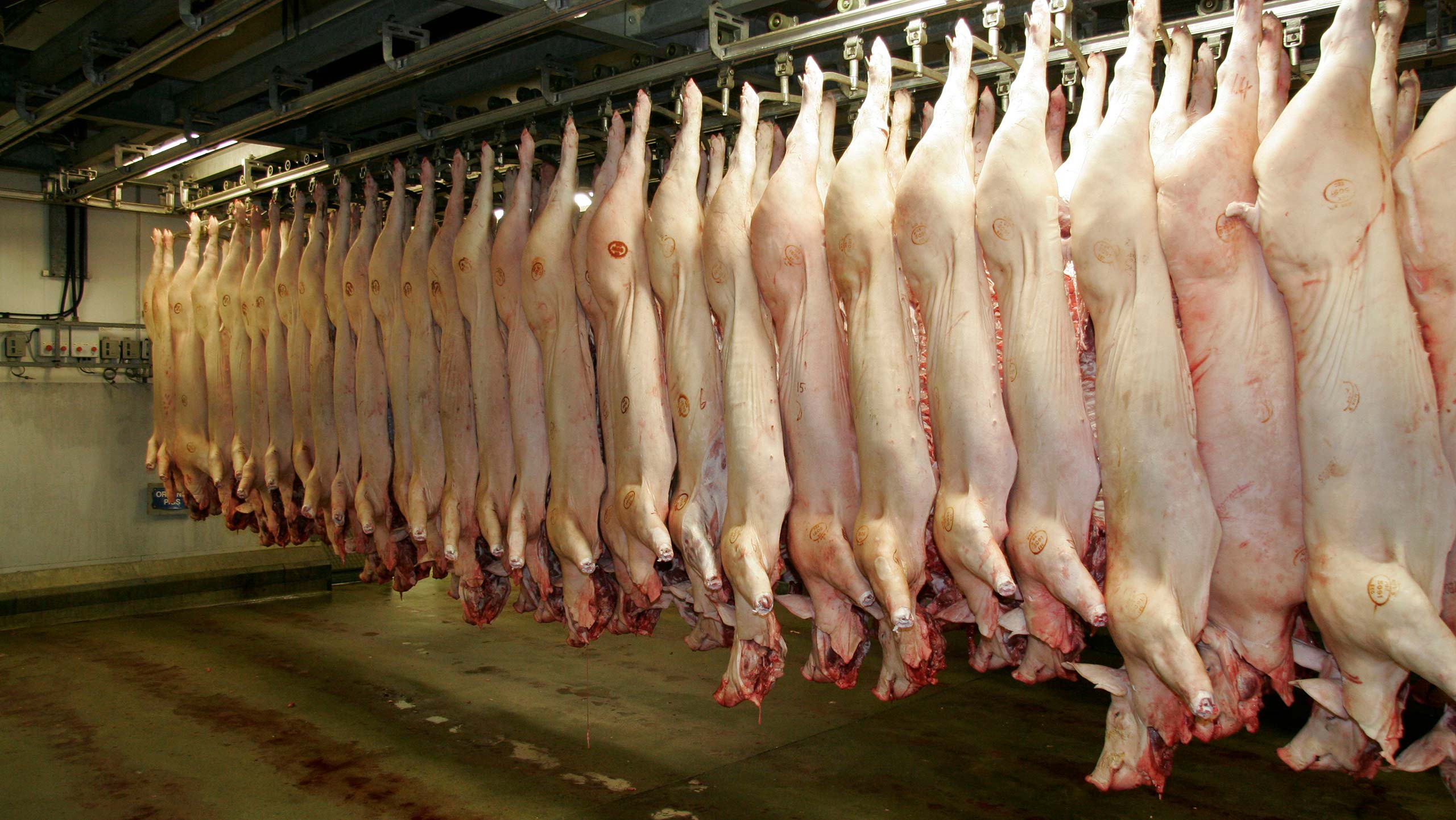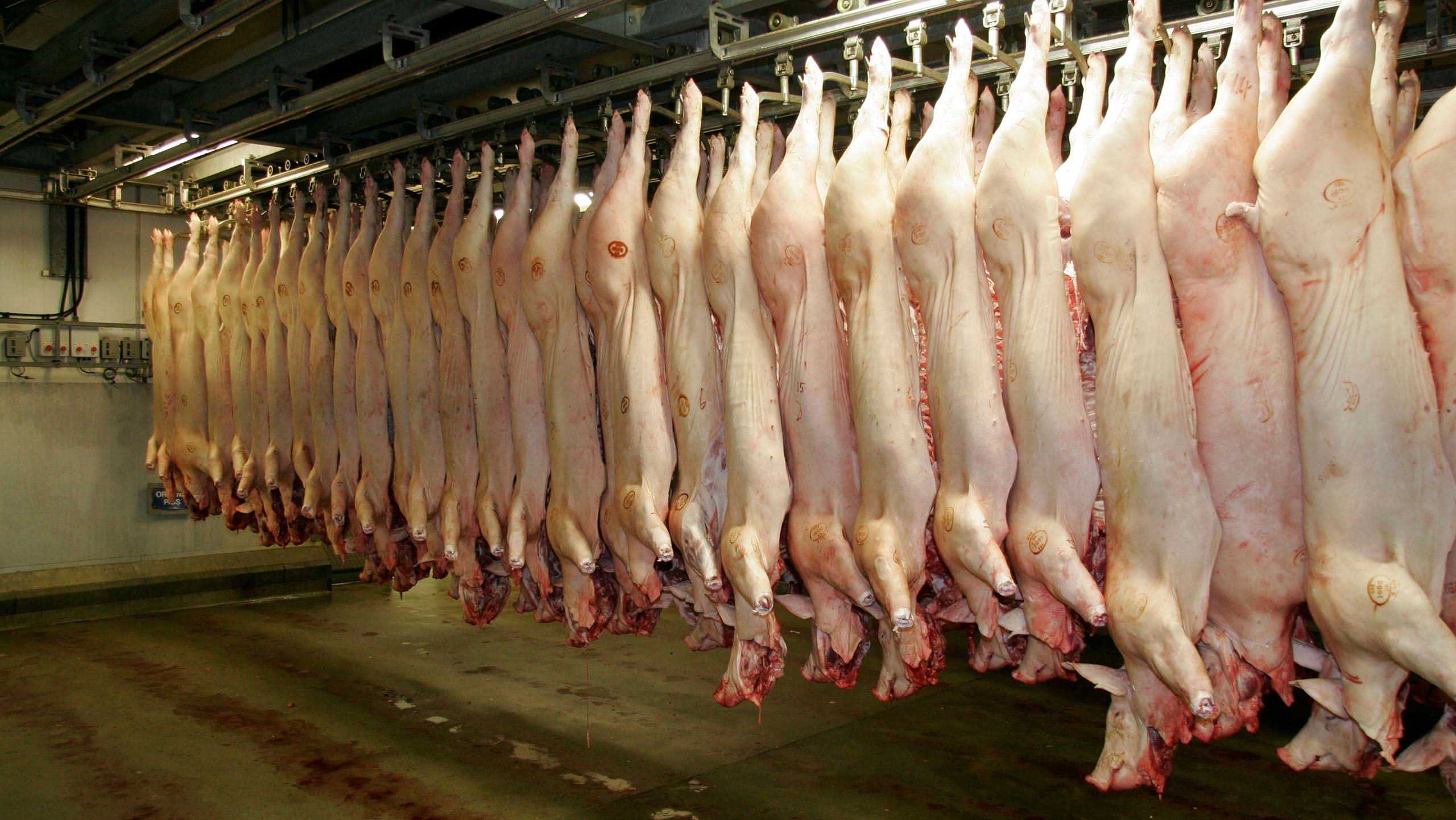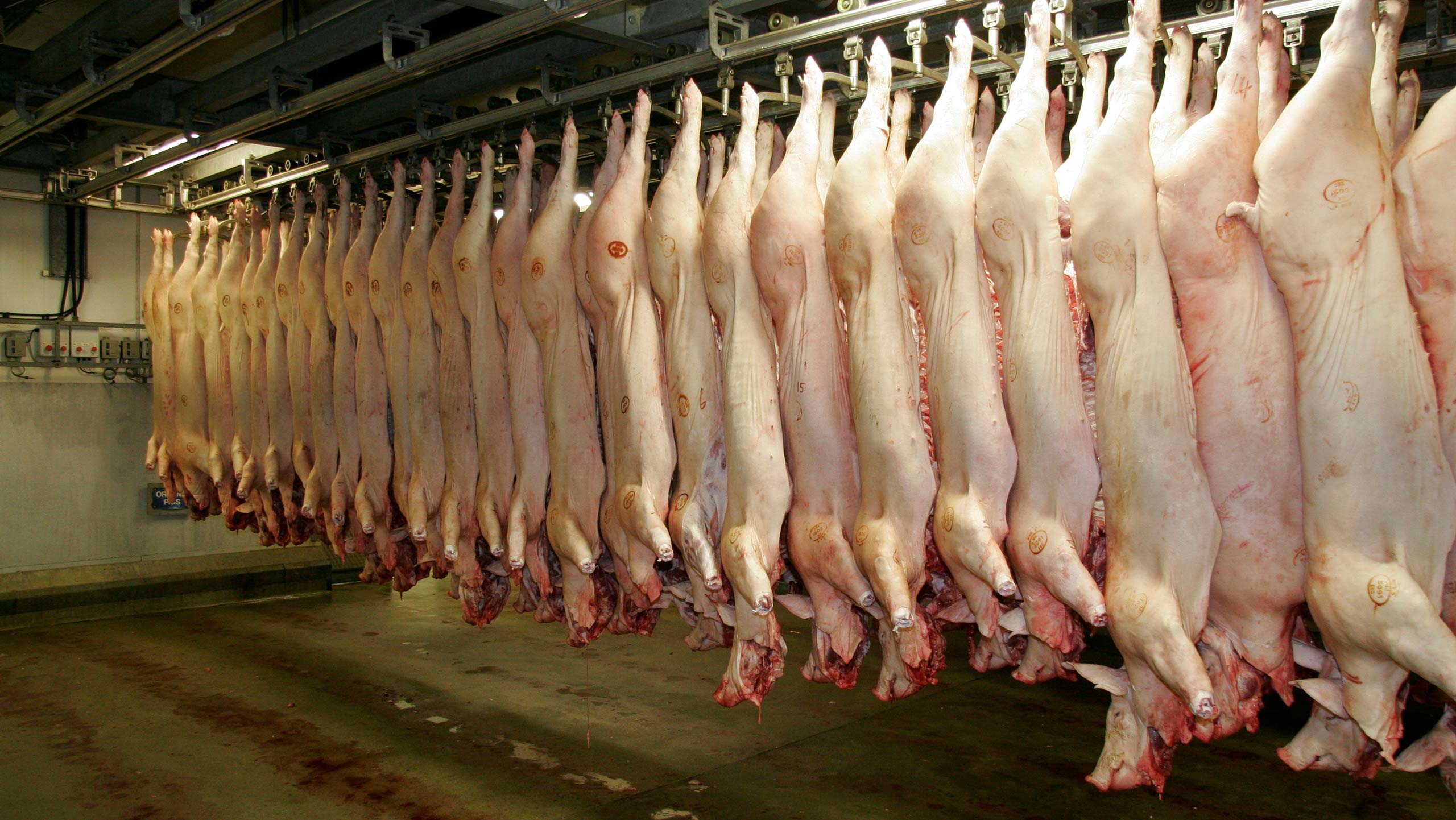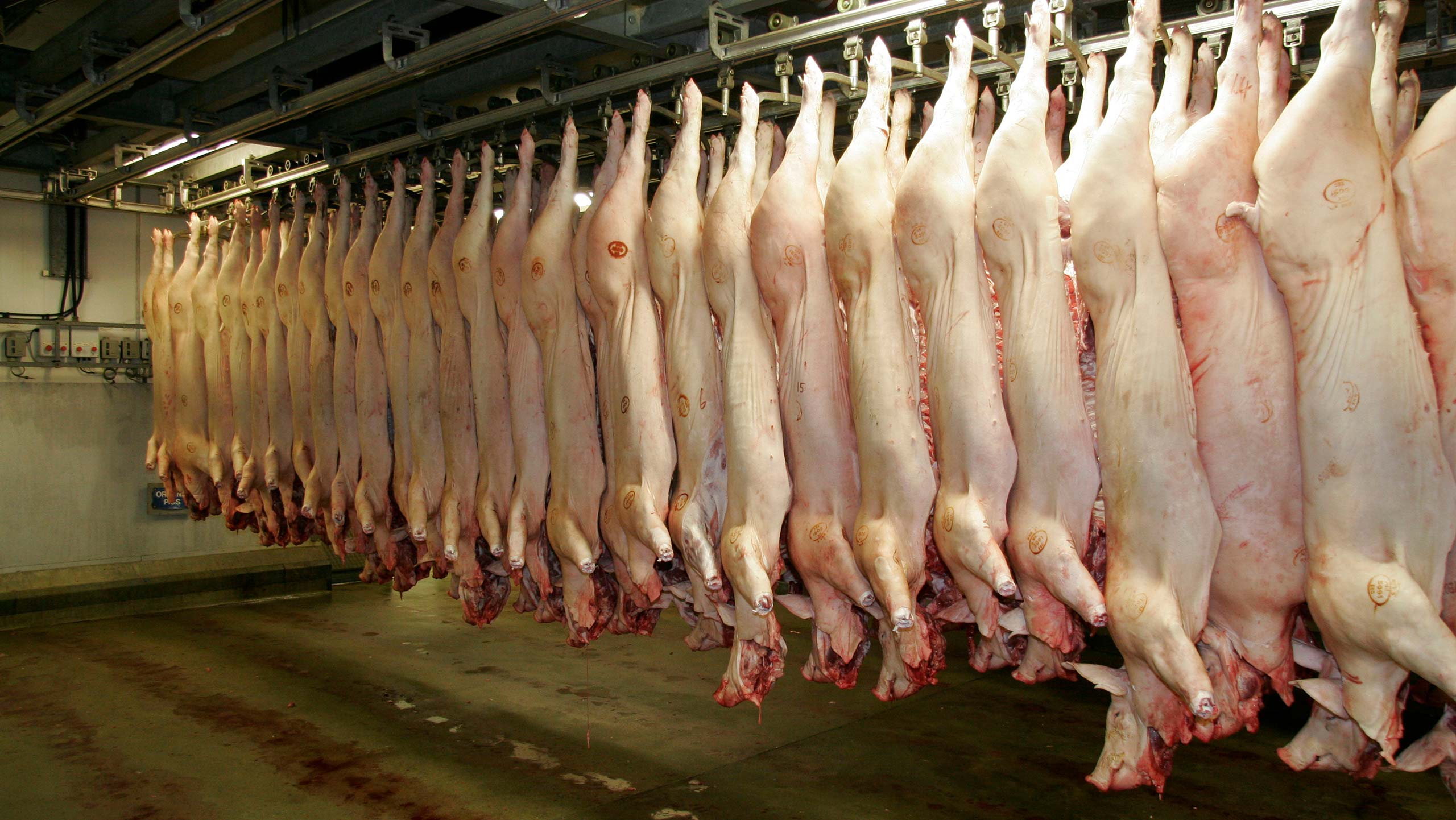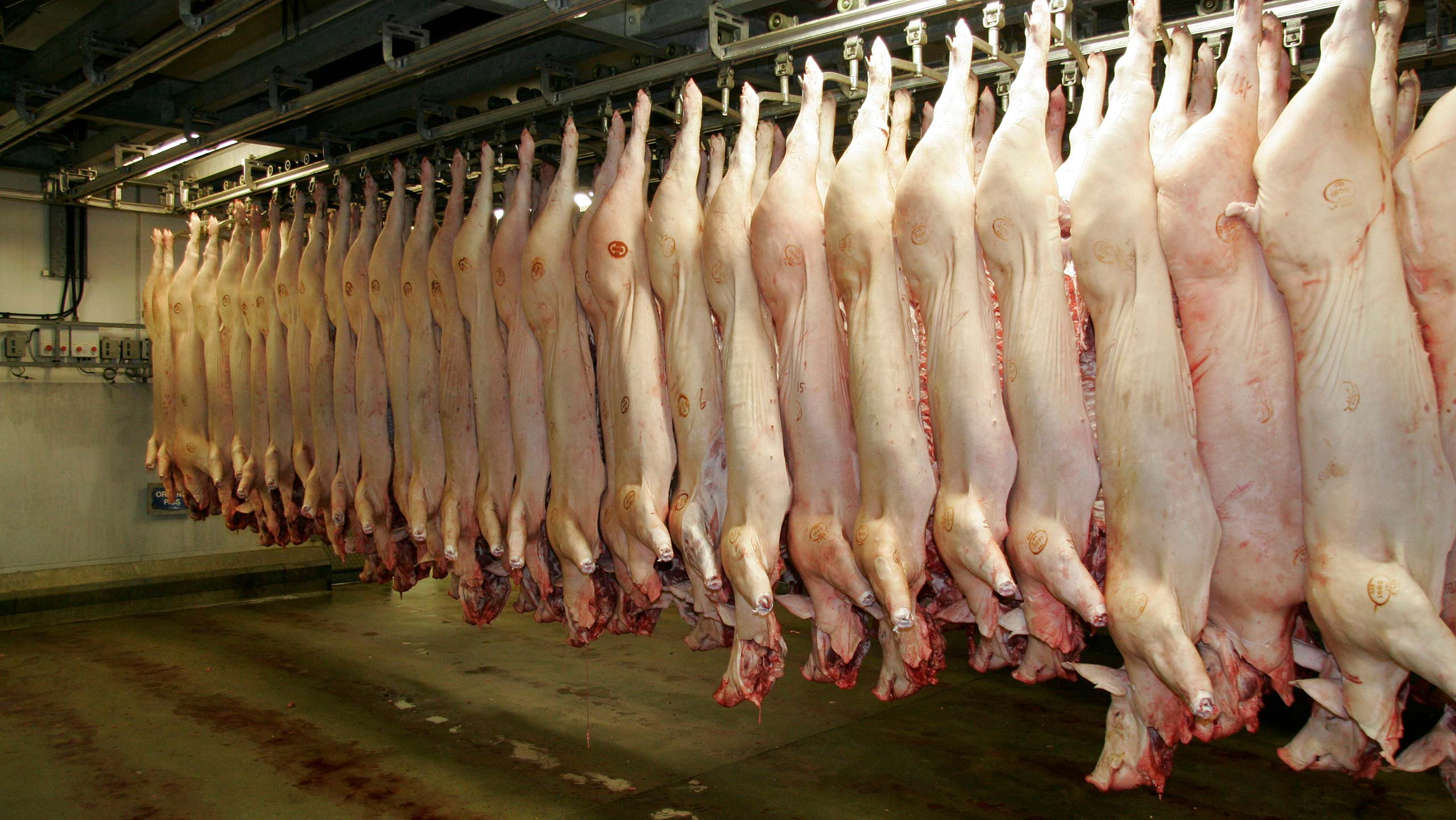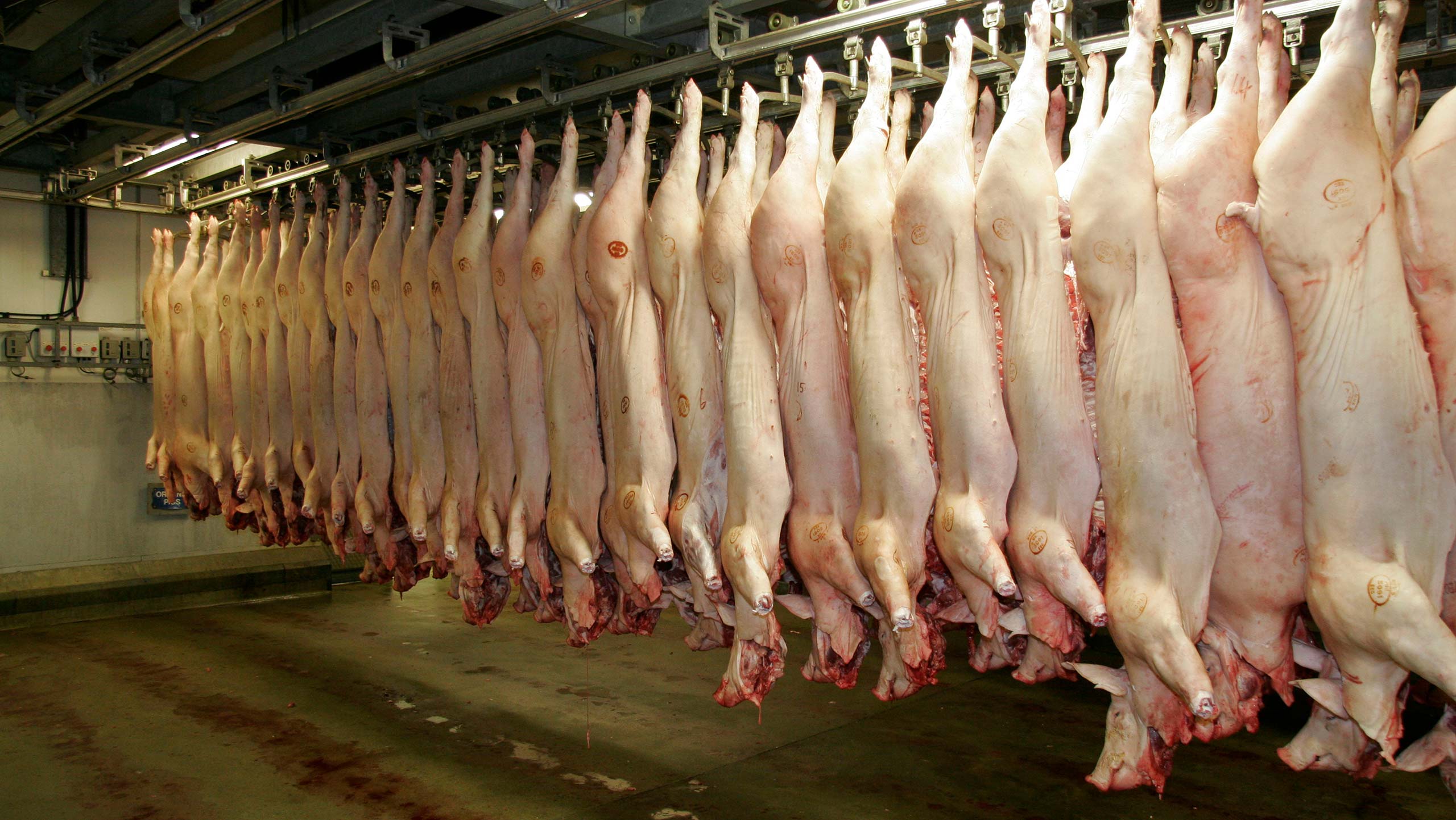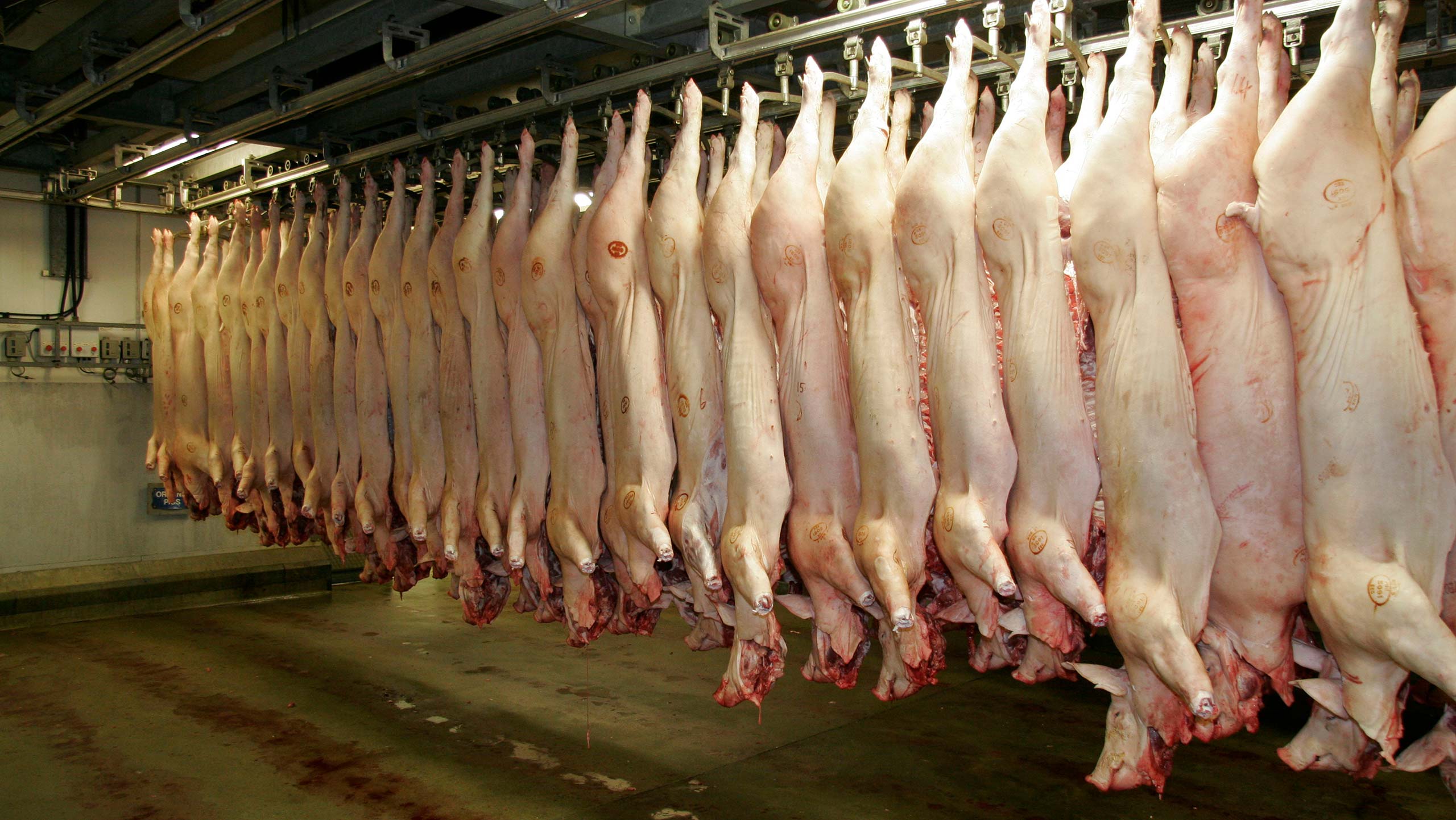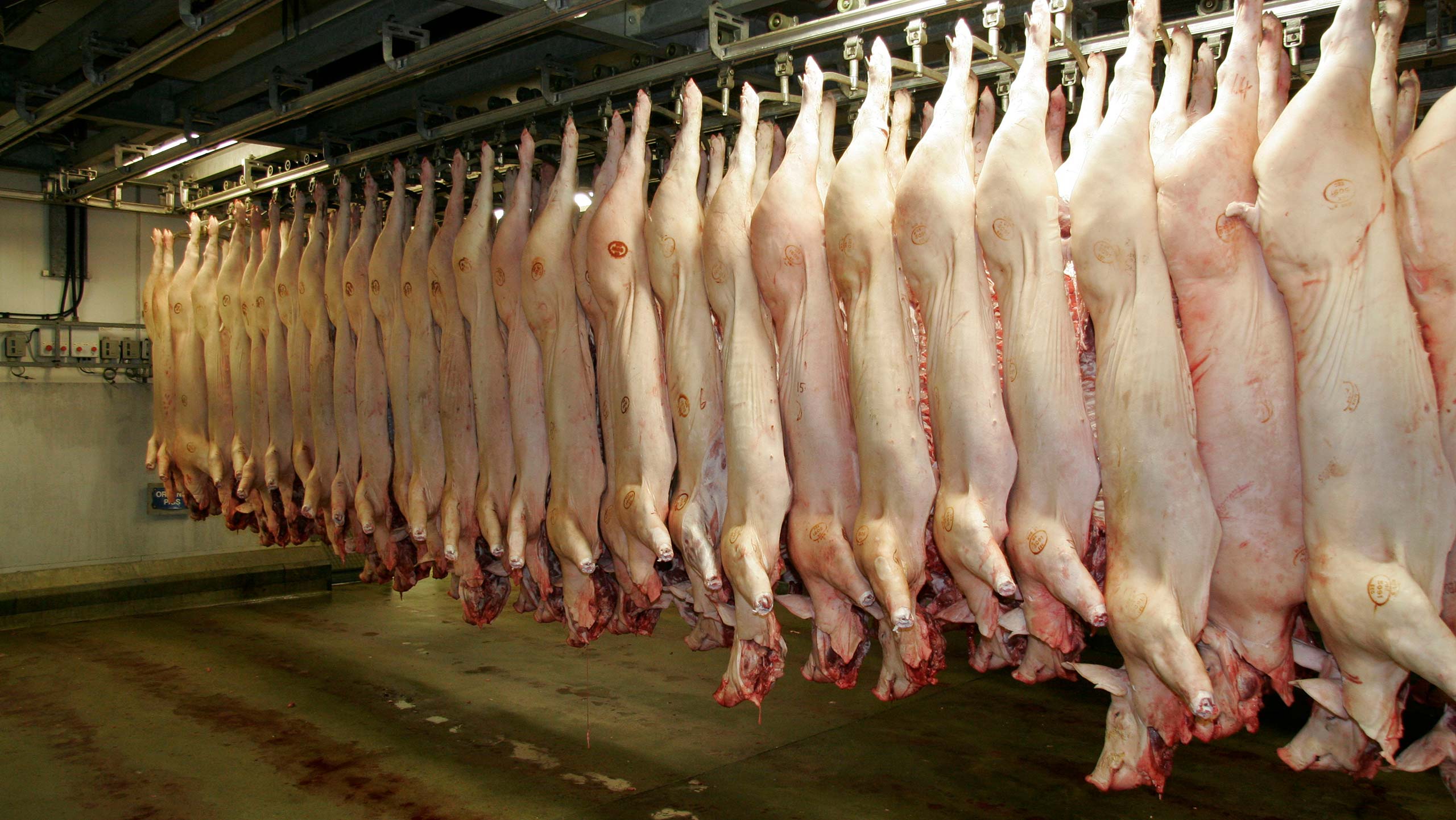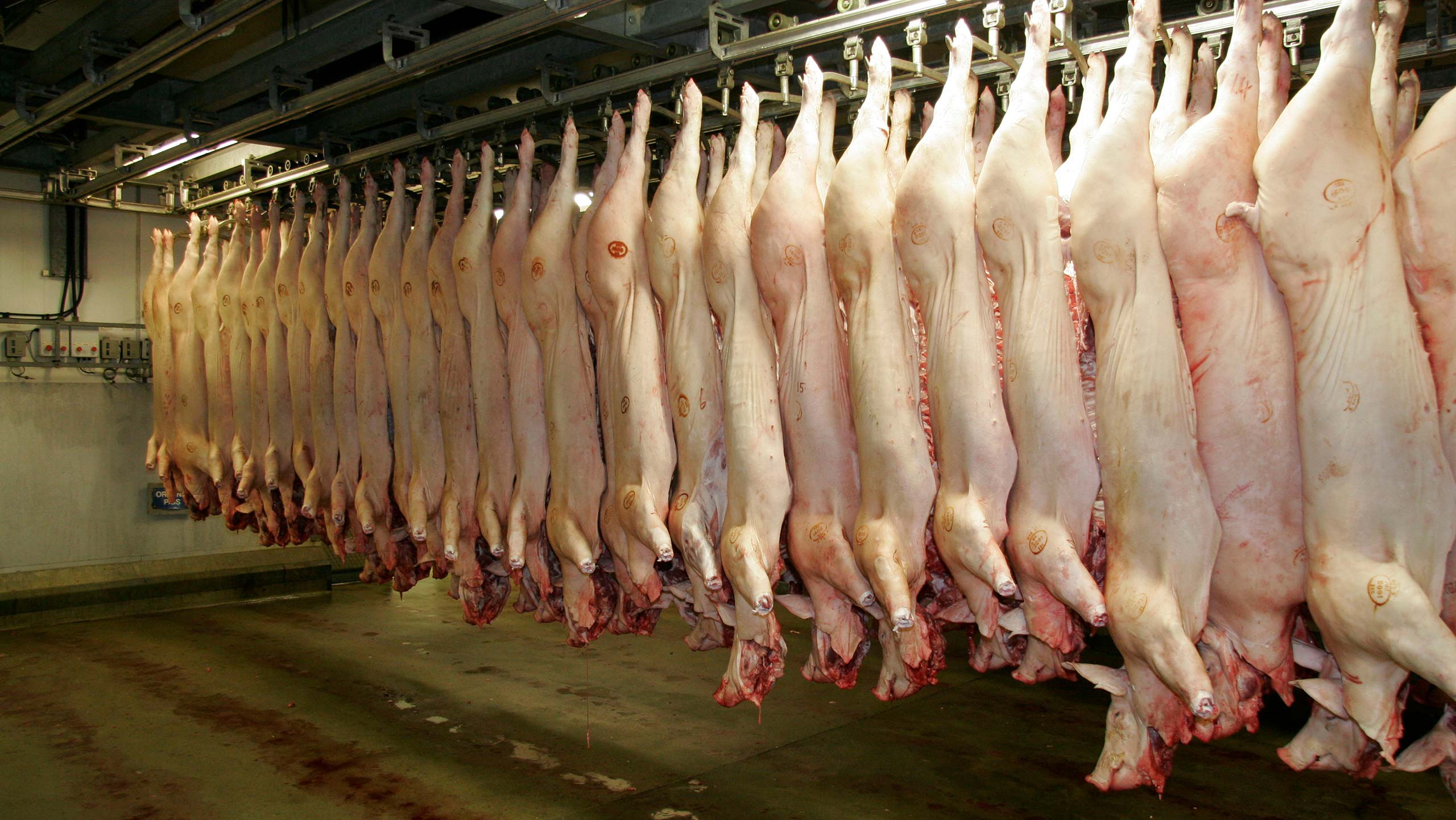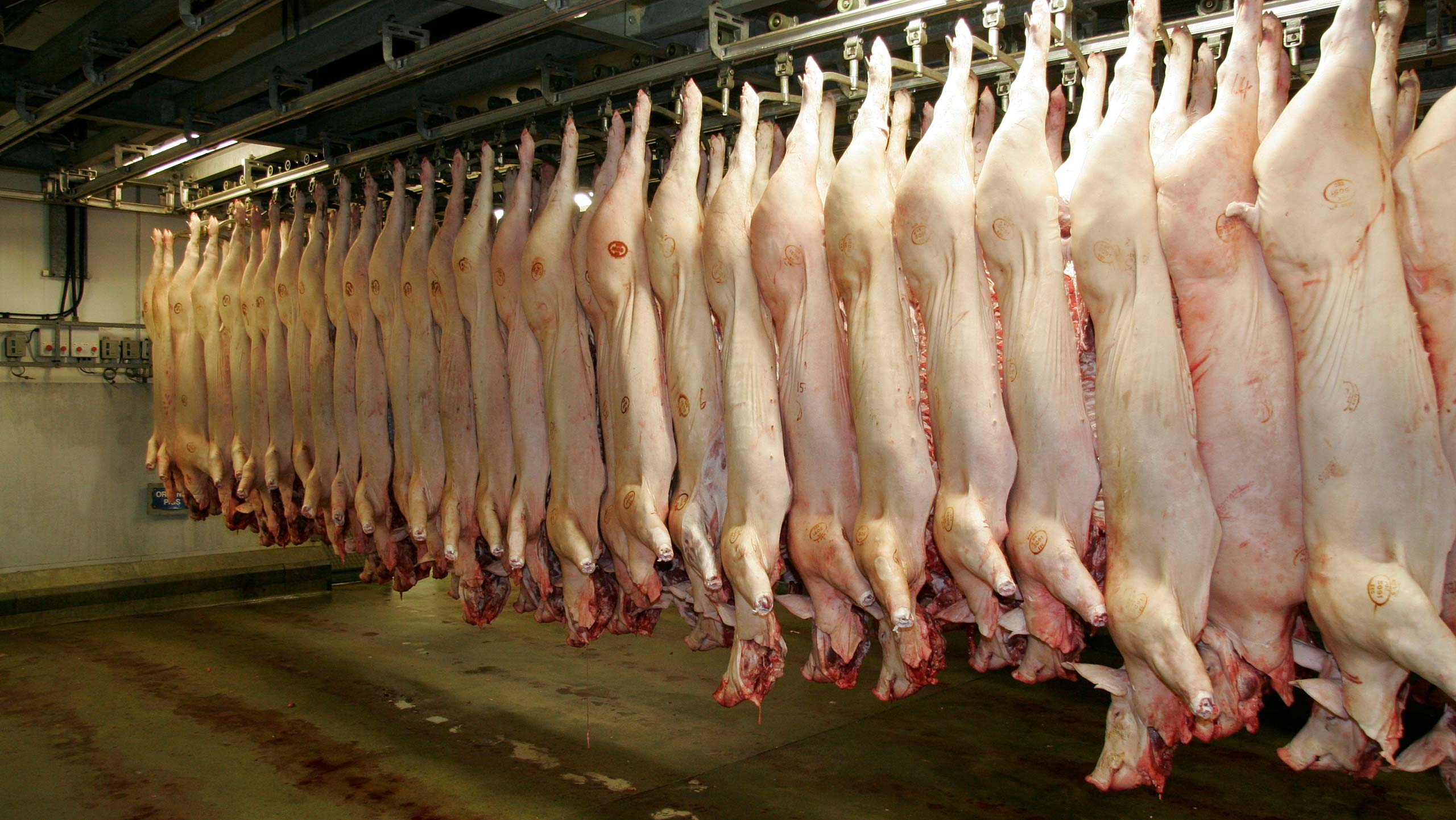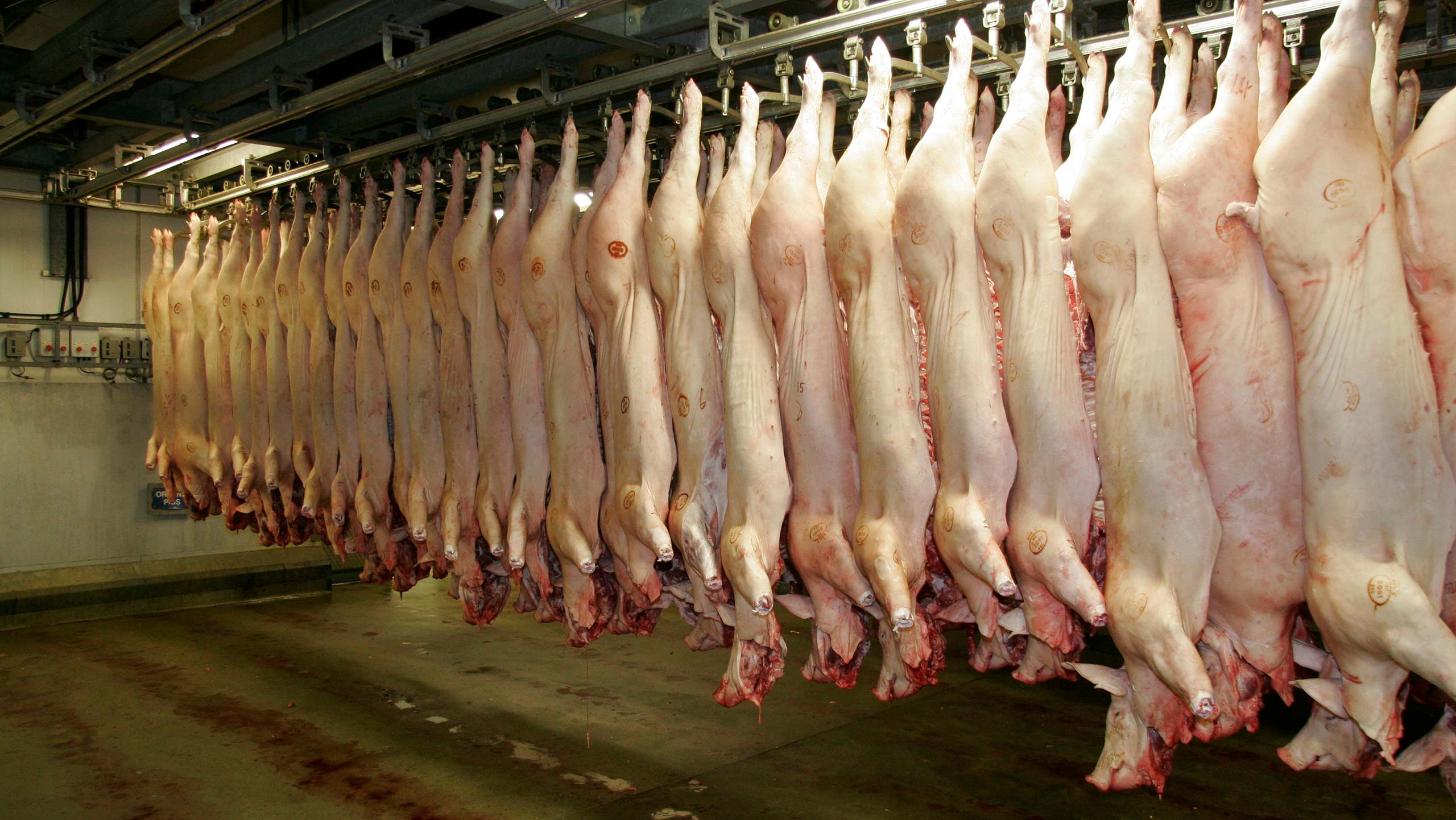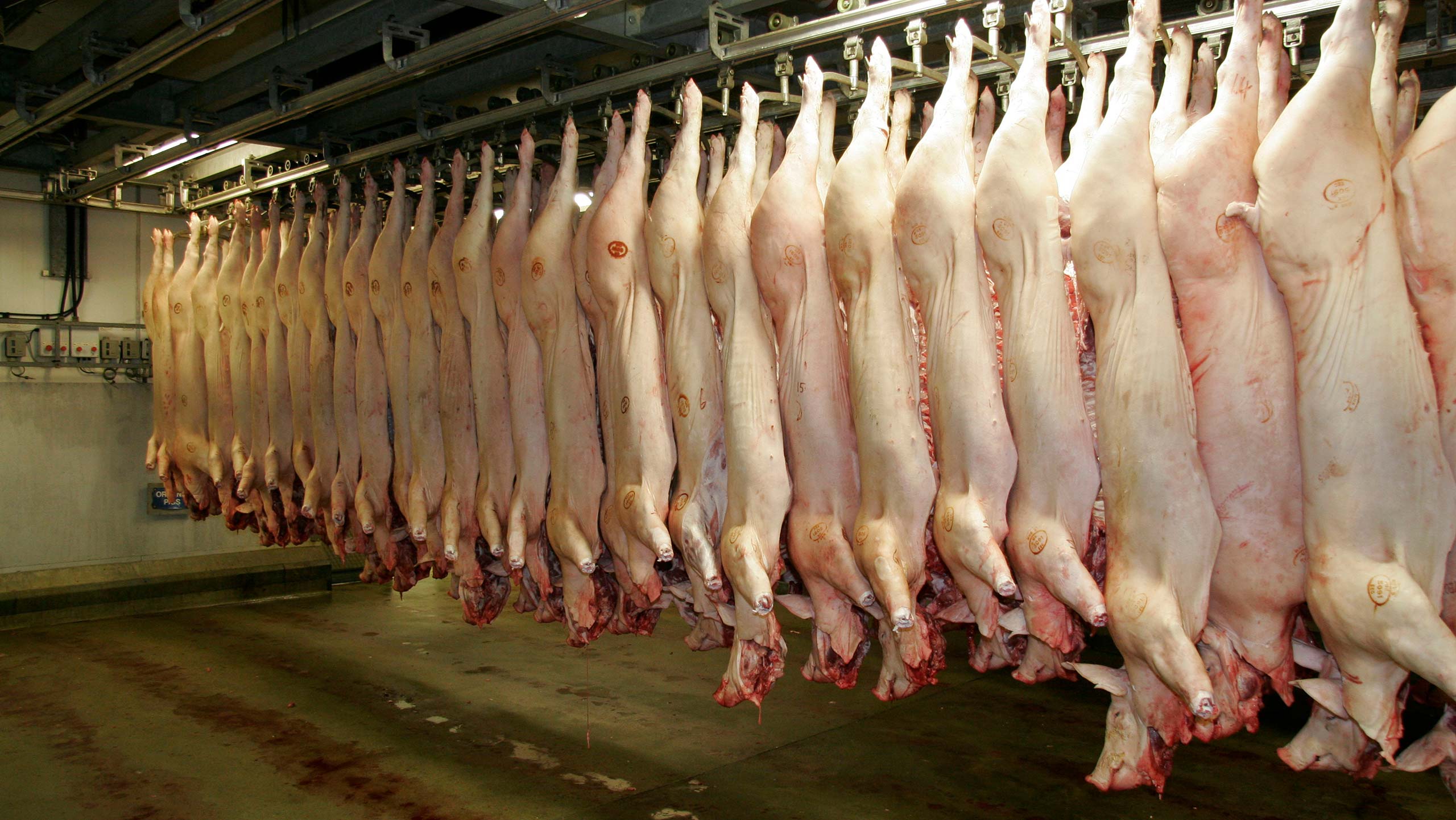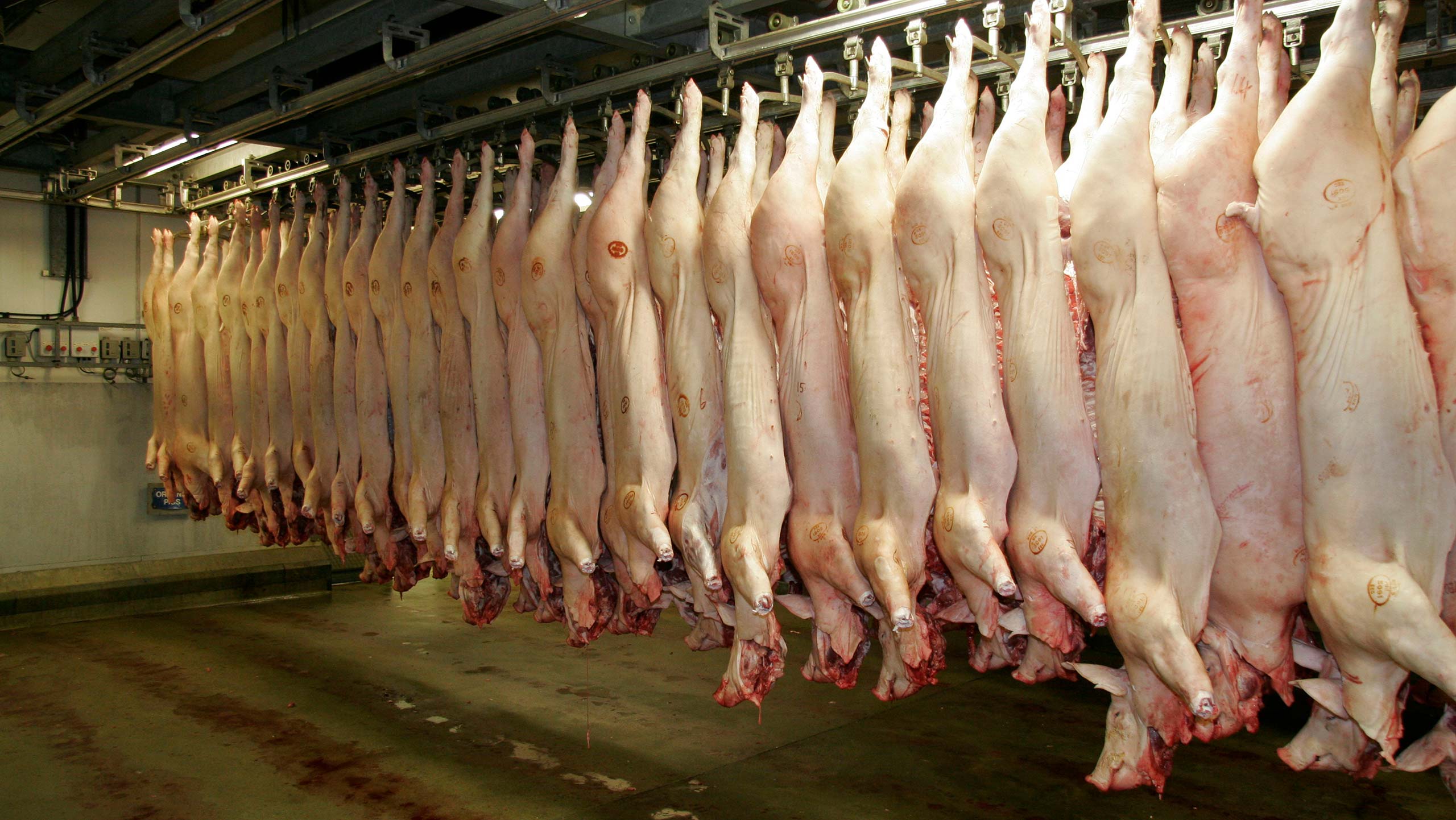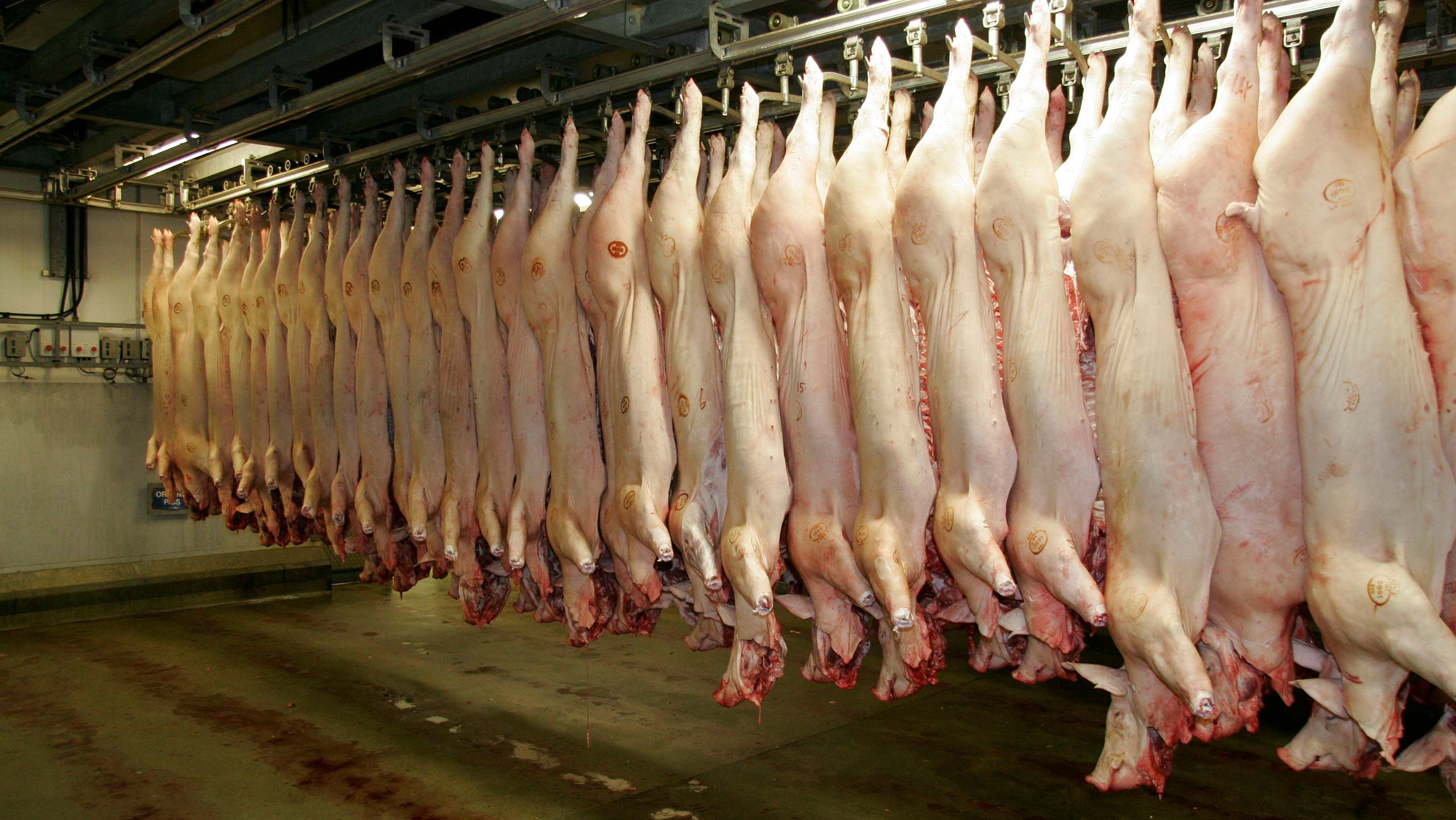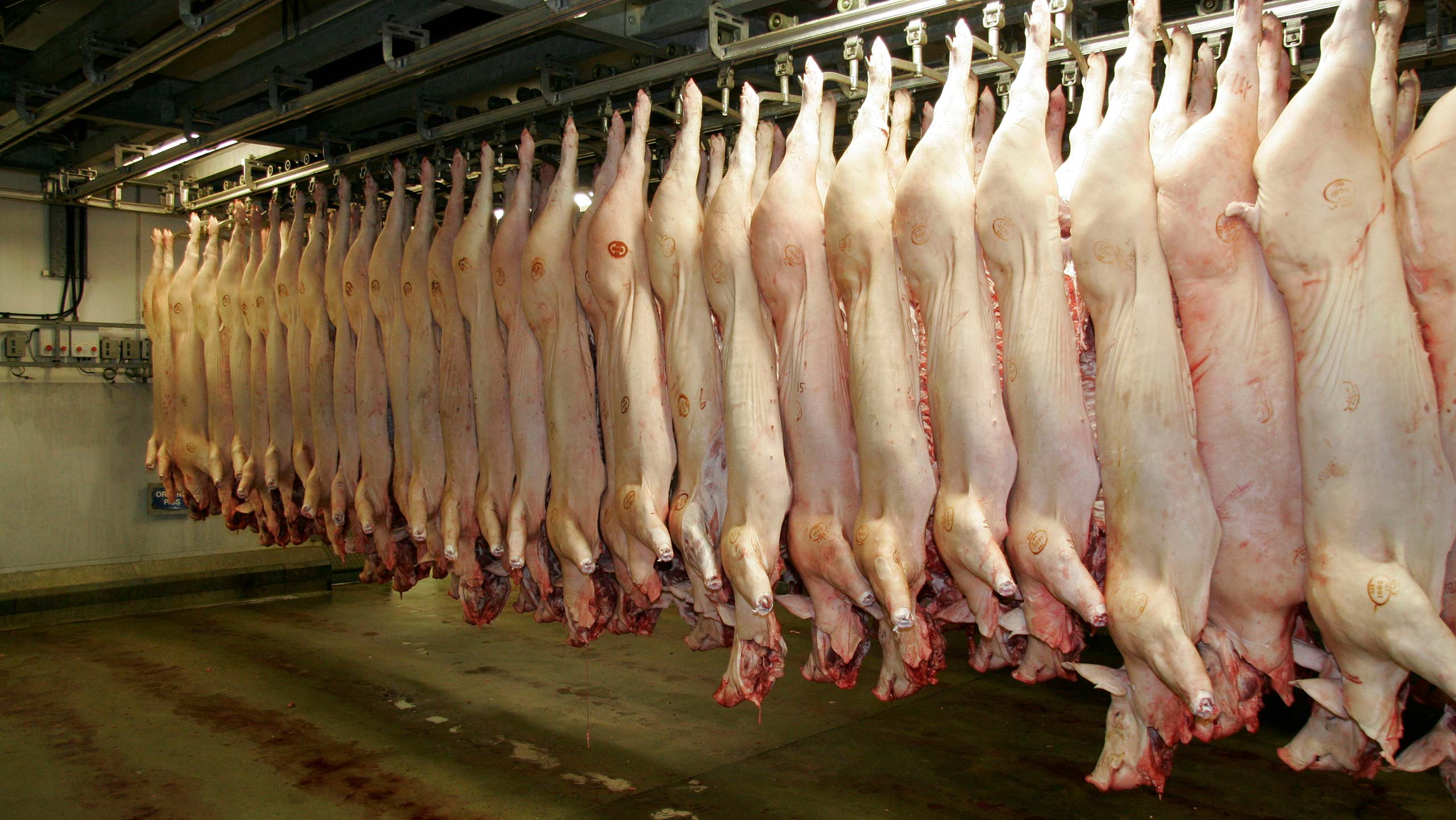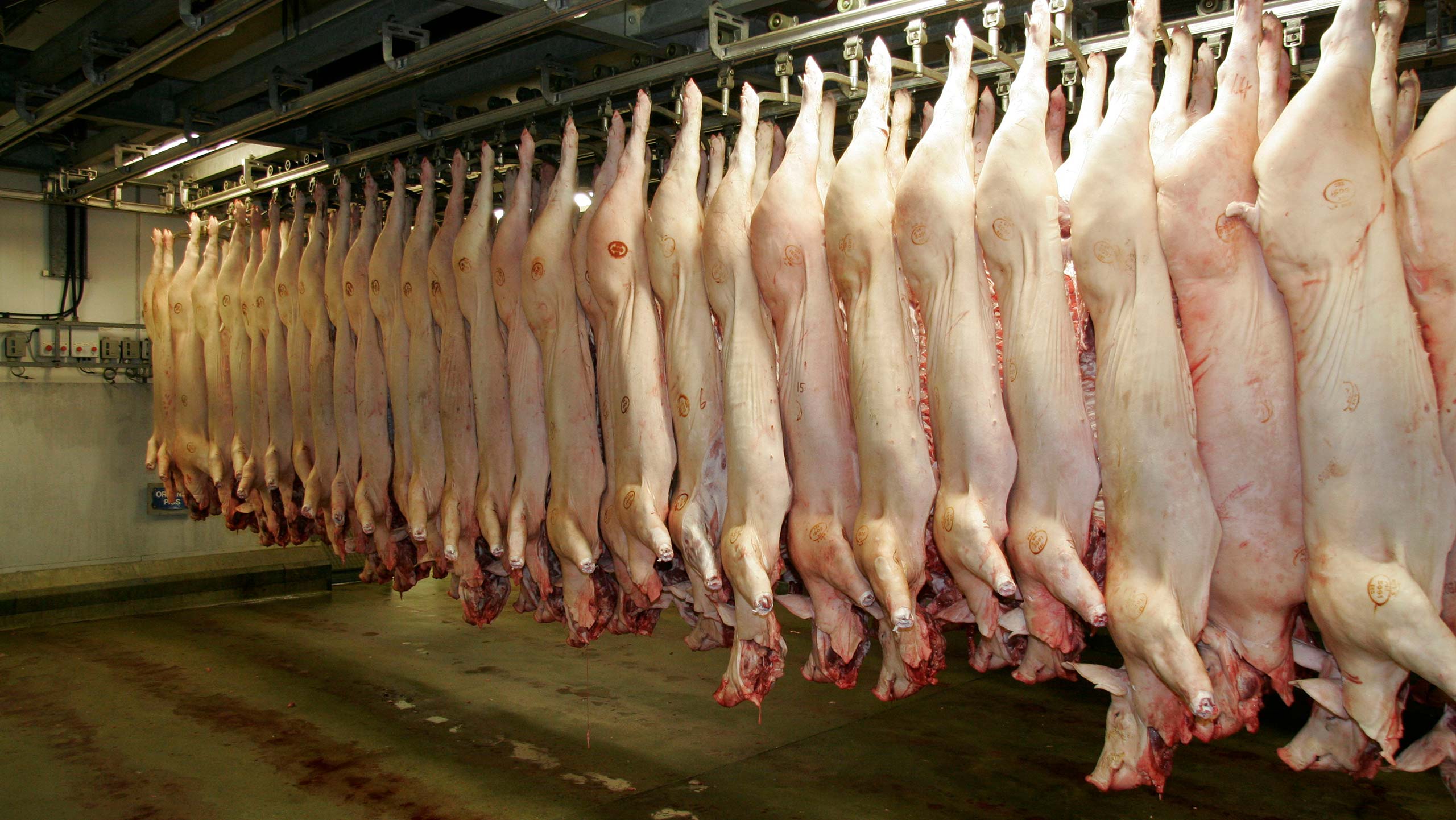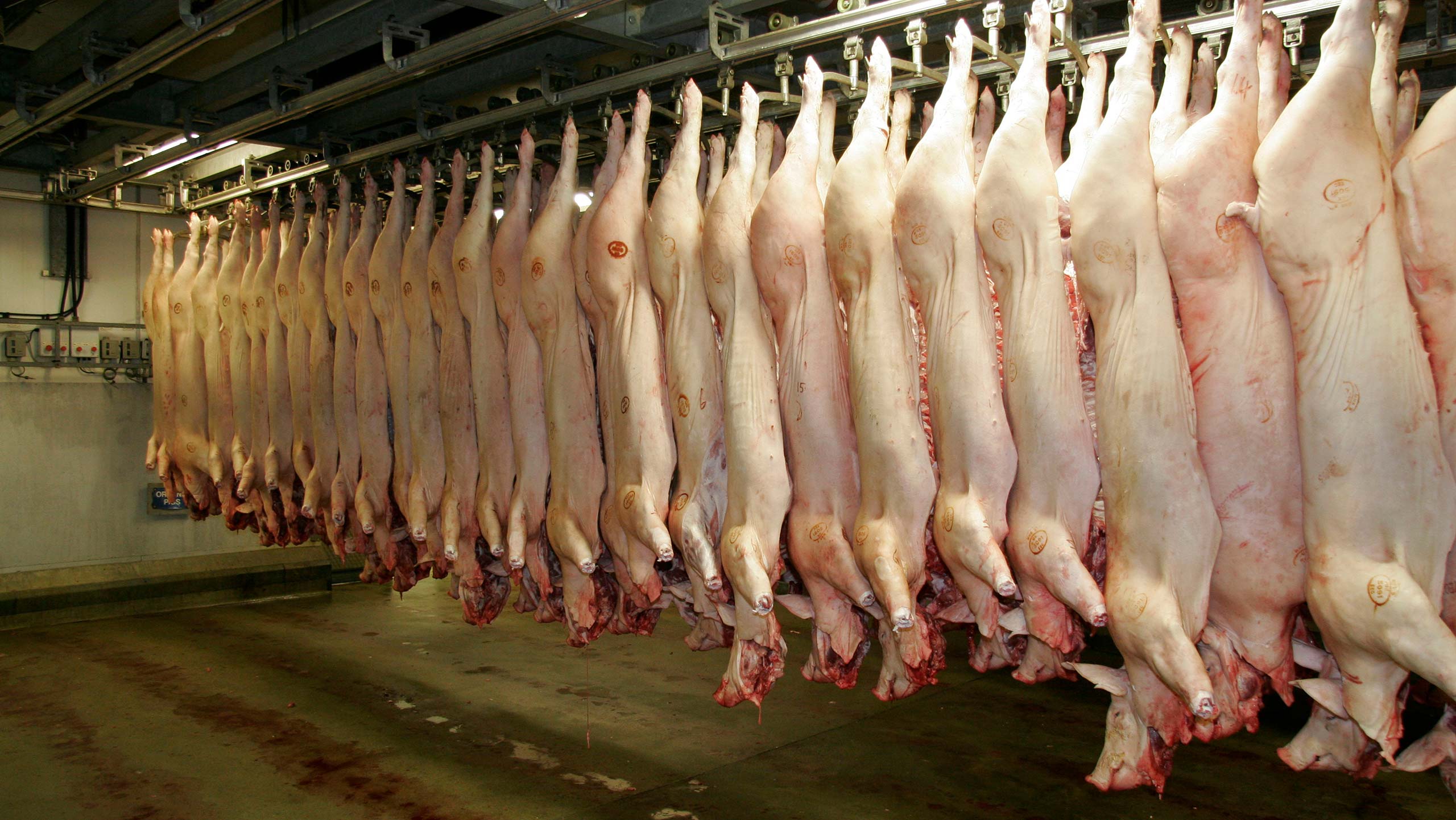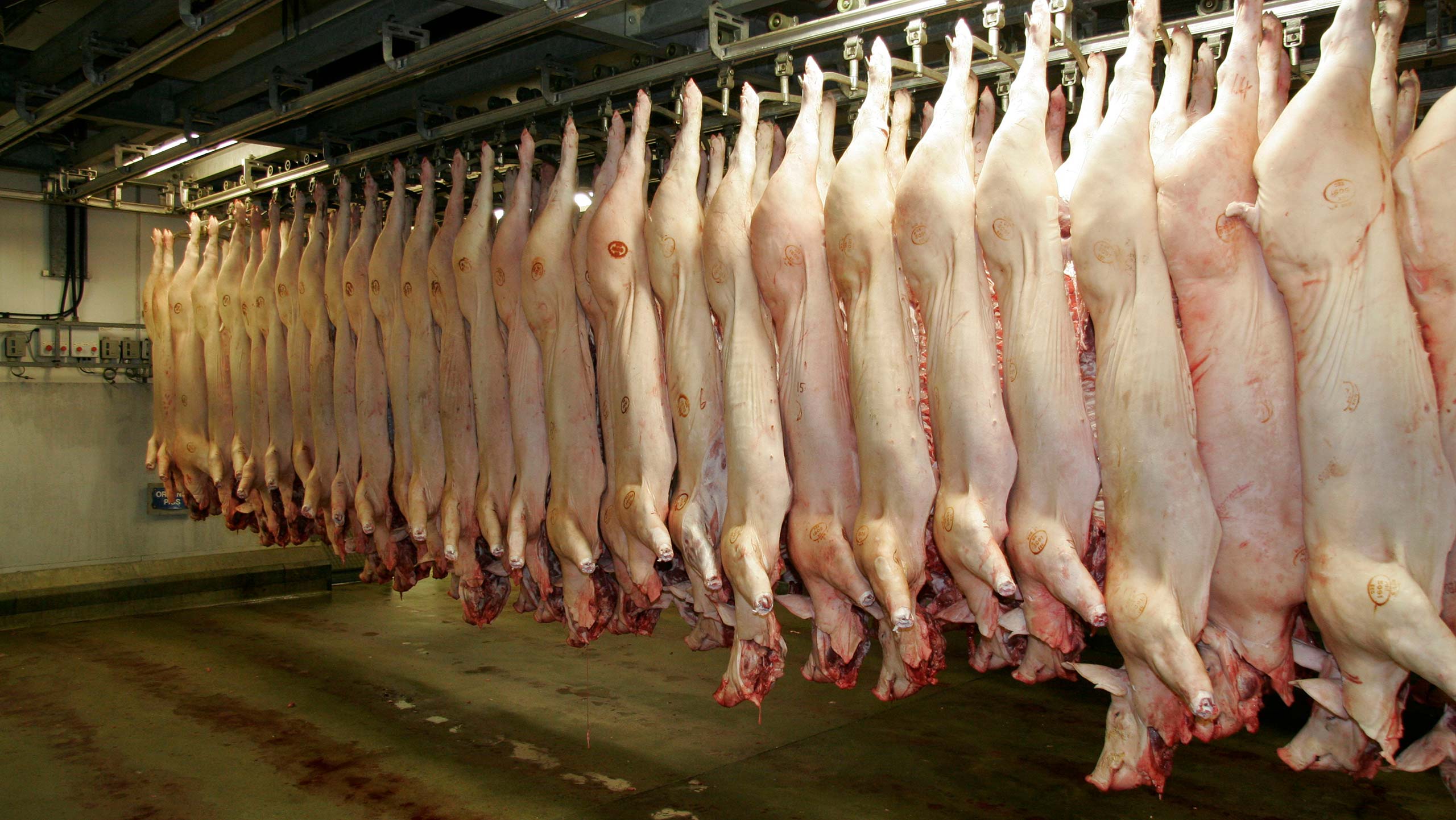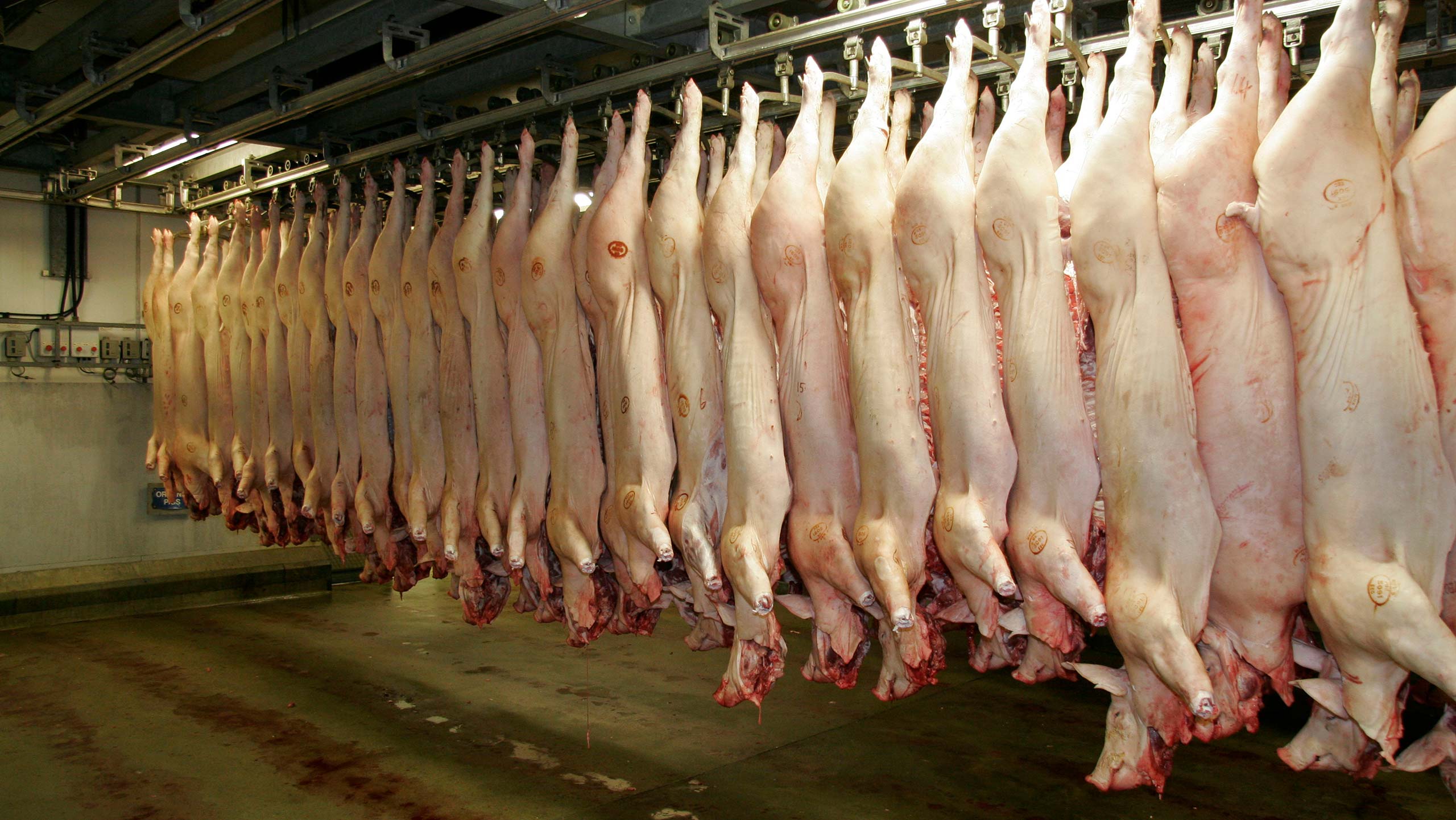Operating a halal abattoir requires strict adherence to Islamic principles while managing the complex risks inherent in meat processing facilities. From religious compliance to food safety regulations, halal slaughterhouses face unique challenges that demand specialized insurance coverage tailored to their specific operational requirements.
Understanding Halal Abattoir Operations
Halal abattoirs must comply with both Islamic law (Sharia) and UK food safety regulations. This dual compliance creates specific risk exposures that traditional meat processing insurance may not adequately address. The religious requirements for halal slaughter, including the presence of qualified Islamic supervisors and specific slaughter methods, introduce additional operational complexities that require specialized insurance consideration.
Key Insurance Risks for Halal Abattoirs
Religious Compliance Risks
Failure to maintain halal certification can result in significant financial losses. If religious protocols are compromised, entire batches of processed meat may become unsellable to halal markets, resulting in substantial product liability and business interruption claims.
Food Safety and Contamination
Halal abattoirs face the same food safety risks as conventional facilities, including bacterial contamination, equipment failure, and cross-contamination. However, the religious requirements may limit remediation options, potentially increasing claim costs.
Equipment and Machinery Risks
Specialized halal processing equipment, including religious slaughter tools and certification monitoring systems, requires specific coverage. Equipment breakdown can halt operations and compromise religious compliance simultaneously.
Regulatory Compliance
Dual compliance with Food Standards Agency regulations and halal certification bodies creates complex regulatory risk exposures. Non-compliance can result in facility closure, product recalls, and significant financial penalties.
Supply Chain Disruption
Halal abattoirs often serve specific religious communities and export markets. Supply chain disruptions can have disproportionate impacts on business continuity and customer relationships.
Essential Insurance Coverage for Halal Abattoirs
Commercial Combined Insurance
Comprehensive commercial combined policies should include property damage, business interruption, public liability, employers' liability, and products liability coverage. For halal abattoirs, business interruption coverage must account for the time required to restore religious certification following an incident.
Product Liability Insurance
Enhanced product liability coverage is crucial for halal abattoirs. This should include coverage for religious non-compliance claims, food poisoning incidents, and contamination issues. The policy should specifically address halal certification requirements and their impact on claim settlements.
Professional Indemnity Insurance
Professional indemnity coverage protects against claims arising from advice given regarding halal compliance, certification processes, and religious requirements. This is particularly important for abattoirs that provide guidance to suppliers or customers on halal standards.
Cyber Insurance
Modern halal abattoirs increasingly rely on digital systems for traceability, certification tracking, and compliance monitoring. Cyber insurance protects against data breaches that could compromise religious certification records or customer information.
Environmental Liability Insurance
Abattoir operations can impact the environment through waste disposal and water usage. Environmental liability insurance covers cleanup costs and third-party claims arising from pollution incidents.
Transit Insurance
Coverage for livestock during transport to the facility and processed meat during distribution is essential. This should include coverage for religious compliance issues that may arise during transit.
Specialized Considerations for Halal Abattoirs
Certification Body Requirements
Different halal certification bodies may have varying insurance requirements. Policies should be structured to meet the most stringent certification standards to ensure continued compliance across all certifying organizations.
Seasonal Variations
Many halal abattoirs experience significant seasonal variations, particularly around religious festivals like Eid. Insurance coverage should account for these fluctuations in production volume and associated risk exposures.
Export Market Considerations
Halal abattoirs serving international markets face additional risks related to export regulations, currency fluctuations, and international transport. Insurance coverage should address these cross-border exposures.
Staff Training and Certification
The requirement for religiously trained staff creates specific employment-related risks. Coverage should address the costs of replacing certified religious supervisors and the business interruption that may result from staff shortages.
Risk Management Best Practices
Religious Compliance Monitoring
Implement robust systems to monitor and document religious compliance throughout the slaughter and processing operations. Regular audits by qualified religious authorities can help identify potential issues before they result in claims.
Food Safety Protocols
Maintain strict food safety protocols that exceed minimum regulatory requirements. This includes regular testing, temperature monitoring, and contamination prevention measures.
Staff Training Programs
Invest in comprehensive training programs for all staff, covering both religious requirements and food safety protocols. Well-trained staff reduce the likelihood of incidents that could result in insurance claims.
Equipment Maintenance
Implement preventive maintenance programs for all equipment, with particular attention to systems critical for religious compliance. Regular maintenance reduces the risk of equipment failure and associated business interruption.
Supply Chain Management
Develop strong relationships with certified suppliers and maintain backup supply sources to minimize disruption risks. Document all supplier certifications and maintain regular compliance audits.
Choosing the Right Insurance Provider
Industry Expertise
Select insurers with specific experience in halal food processing and understanding of religious compliance requirements. Generic food processing policies may not adequately address the unique risks faced by halal abattoirs.
Claims Handling Experience
Evaluate insurers based on their experience handling claims involving religious compliance issues. The insurer should understand the complexities of halal certification and the potential impact on business operations.
Risk Assessment Capabilities
Choose insurers who can provide comprehensive risk assessments that consider both traditional abattoir risks and religious compliance exposures. This ensures appropriate coverage limits and risk management recommendations.
Regulatory Knowledge
Insurers should demonstrate knowledge of both UK food safety regulations and halal certification requirements. This expertise is crucial for accurate risk assessment and appropriate policy structuring.
Cost Factors and Premium Considerations
Facility Size and Capacity
Larger facilities with higher processing volumes typically face higher premiums due to increased exposure. However, economies of scale may result in lower per-unit coverage costs.
Certification Standards
Facilities maintaining multiple halal certifications or higher-tier certifications may face different premium structures. Some insurers may offer discounts for facilities with exemplary compliance records.
Claims History
Previous claims, particularly those involving religious compliance issues, will impact premium calculations. Facilities with clean claims histories may benefit from reduced premiums.
Risk Management Measures
Implementation of comprehensive risk management programs can result in premium discounts. Insurers may offer reduced rates for facilities with strong food safety protocols and religious compliance monitoring systems.
The Claims Process for Halal Abattoirs
Immediate Response
In the event of an incident, immediate notification to both the insurer and relevant certification bodies is essential. Quick response can minimize the impact on religious compliance and reduce overall claim costs.
Religious Authority Involvement
Claims involving religious compliance issues may require input from qualified religious authorities. Insurers experienced in halal operations will have established relationships with appropriate religious experts.
Business Continuity Planning
Effective claims handling should include business continuity support to minimize operational disruption. This may involve temporary certification arrangements or alternative processing facilities.
Documentation Requirements
Comprehensive documentation of religious compliance procedures and incident response actions is crucial for successful claims resolution. Maintain detailed records of all certification activities and compliance monitoring.
Future Considerations
Market Growth
The growing halal food market presents both opportunities and challenges for abattoir operators. Insurance coverage should be regularly reviewed to ensure it keeps pace with business growth and market expansion.
Regulatory Changes
Both food safety regulations and halal certification standards continue to evolve. Regular policy reviews ensure coverage remains adequate as regulatory requirements change.
Technology Integration
Increasing use of technology in abattoir operations, including automated monitoring systems and blockchain traceability, creates new risk exposures that should be addressed in insurance coverage.
Sustainability Requirements
Growing emphasis on environmental sustainability may impact abattoir operations and associated insurance requirements. Consider how sustainability initiatives might affect risk exposures and coverage needs.
Conclusion
Halal abattoir insurance requires specialized knowledge and tailored coverage to address the unique combination of food processing risks and religious compliance requirements. By working with experienced insurers who understand both the technical and religious aspects of halal operations, abattoir operators can secure comprehensive protection that supports their business objectives while maintaining religious integrity.
The key to effective halal abattoir insurance lies in recognizing that religious compliance is not just an operational requirement but a fundamental business risk that requires appropriate insurance protection. With proper coverage and risk management, halal abattoirs can operate with confidence, knowing they are protected against the full spectrum of risks they face in serving their communities and markets.
For specialized halal abattoir insurance advice and quotations tailored to your specific operational requirements, contact our experienced team who understand the unique challenges facing Islamic food processing facilities.
Contact Insure24 for specialist halal abattoir insurance:
Phone: 0330 127 2333
Website: www.insure24.co.uk


 0330 127 2333
0330 127 2333
